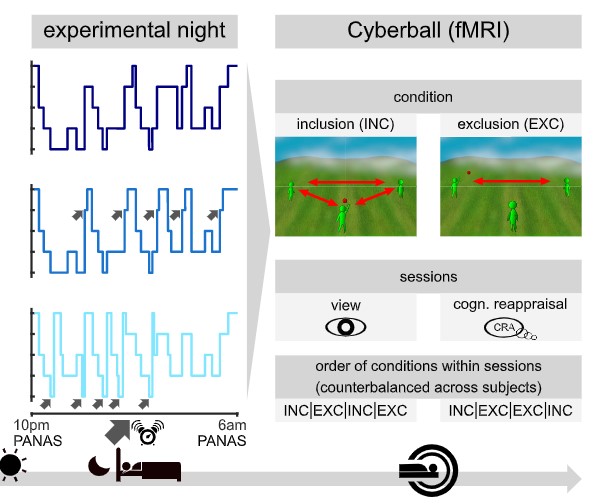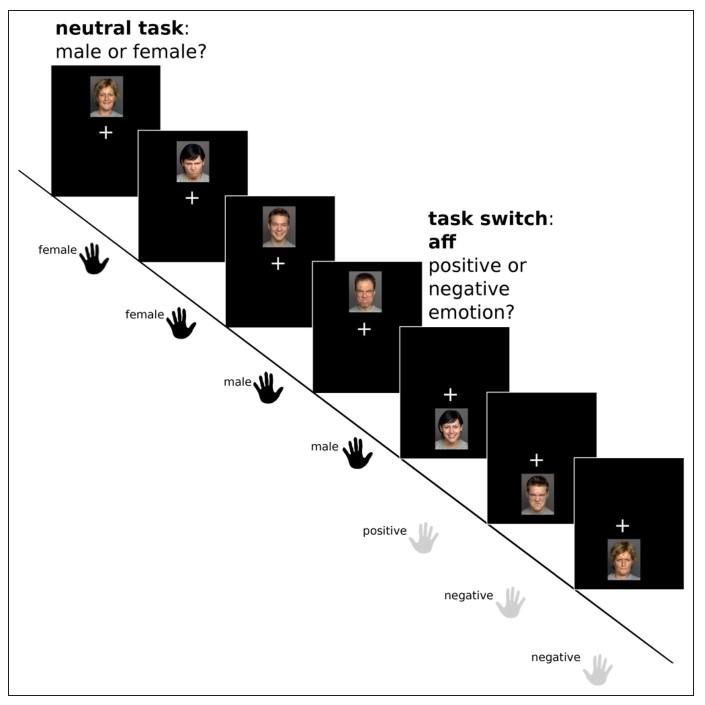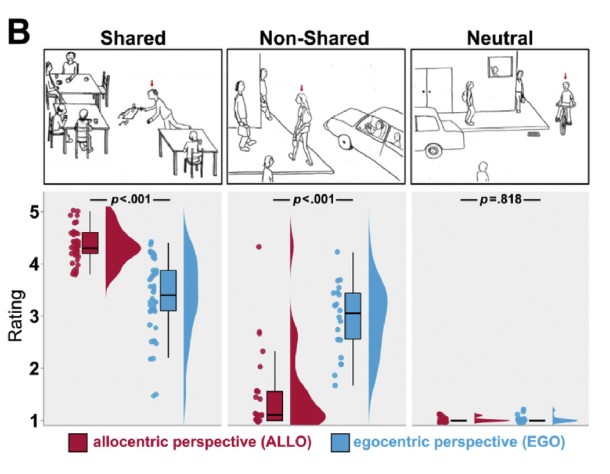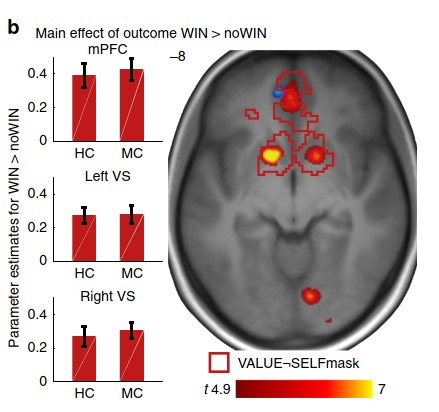Selective suppression of rapid eye movement sleep increases next-day negative affect and amygdala responses to social exclusion
Abstract Healthy sleep, positive general affect, and the ability to regulate emotional experiences are fundamental for well-being. In contrast, various mental disorders are associated with altered rapid eye movement (REM) sleep, negative affect, and diminished emotion regulation abilities. However, the neural processes mediating the relationship between these different phenomena are still not fully understood. In […]




